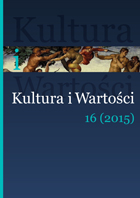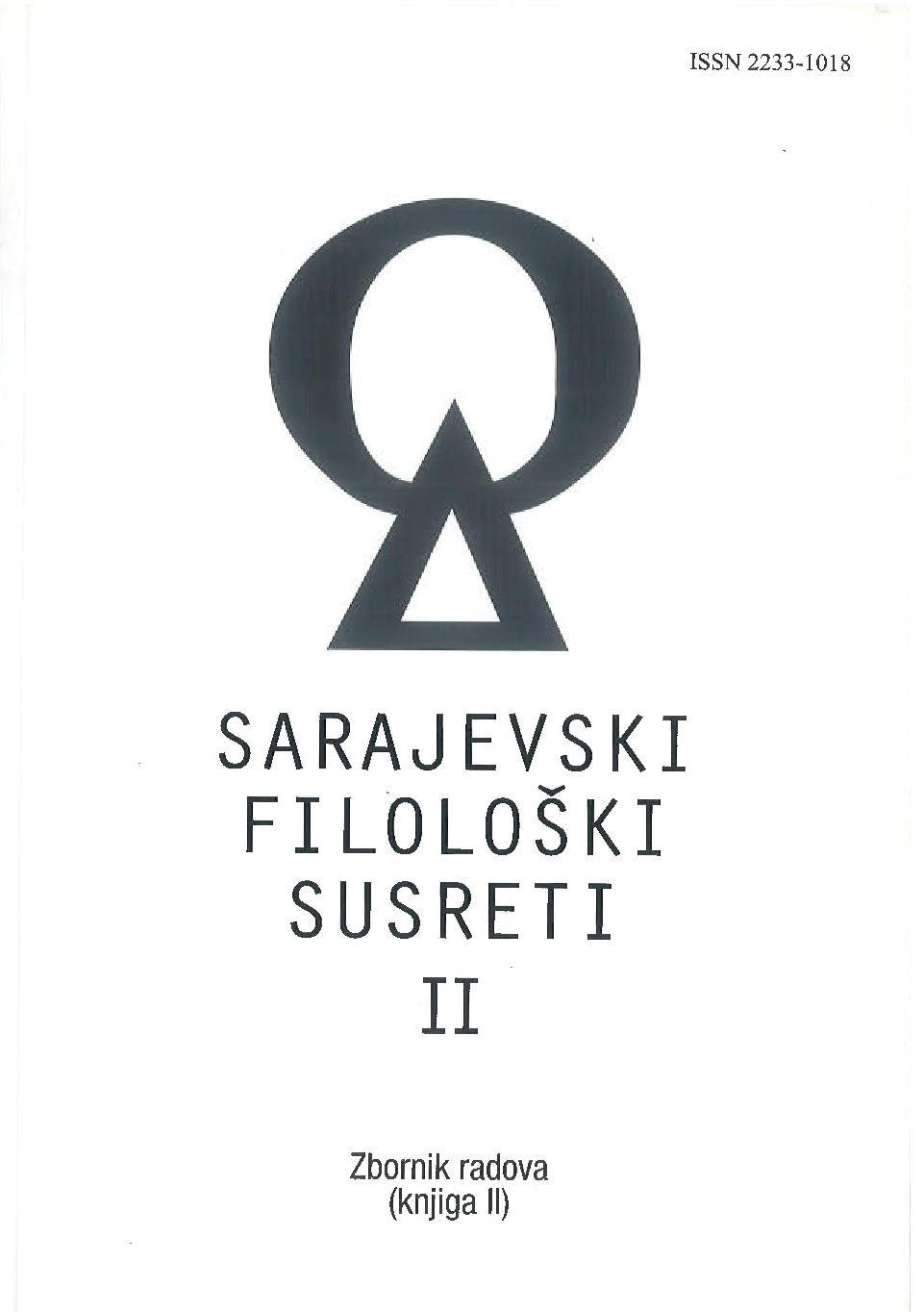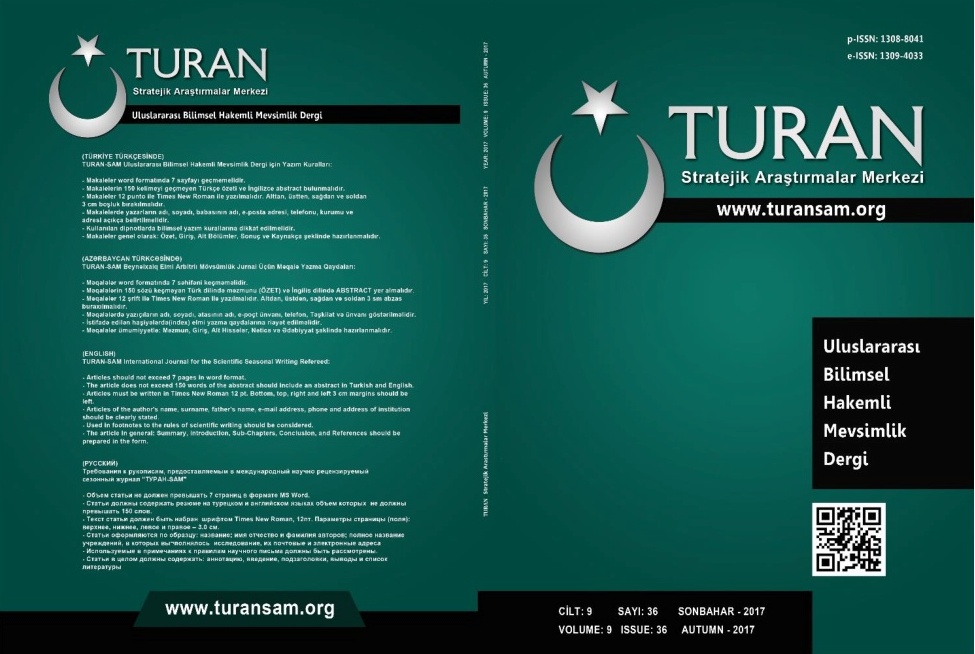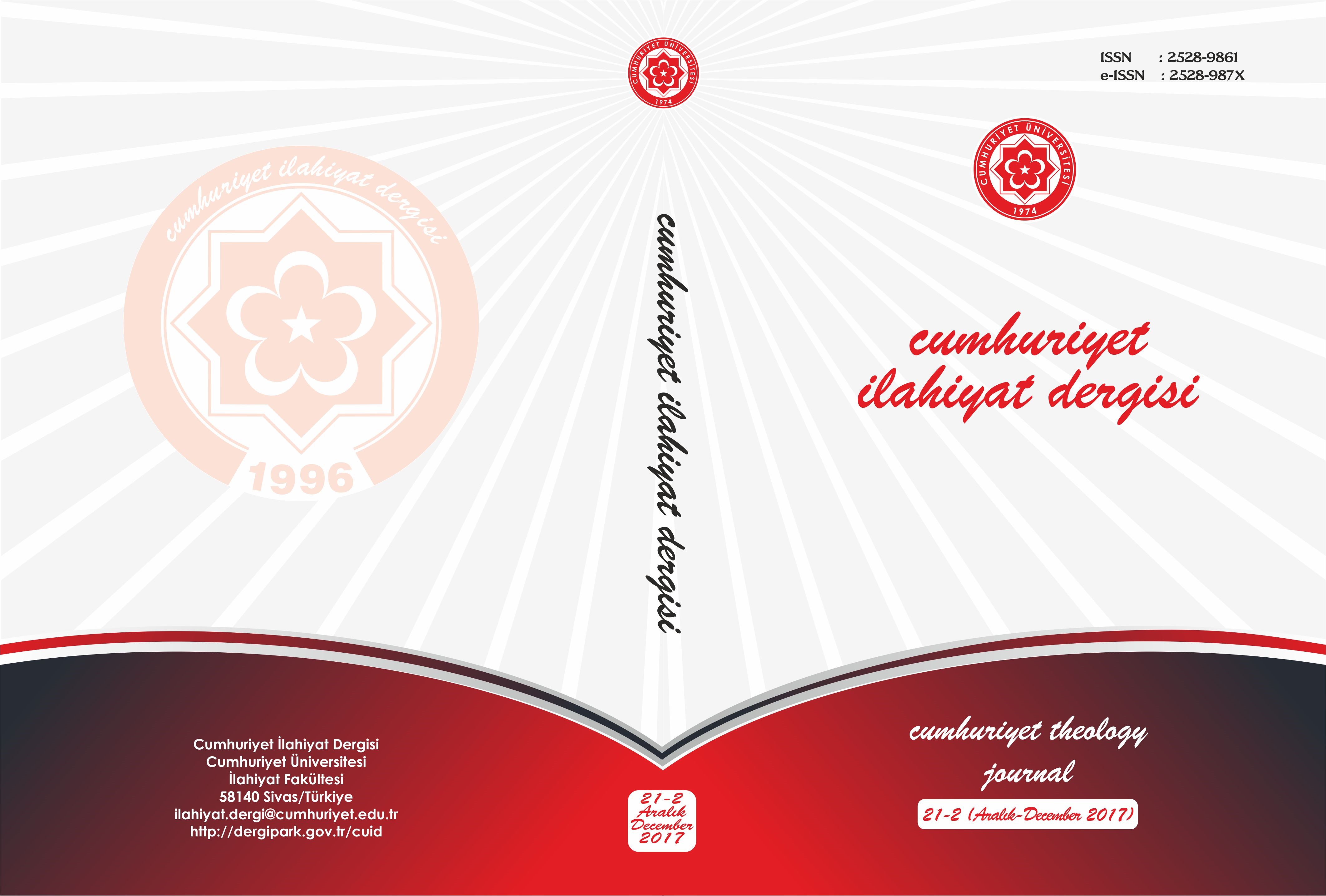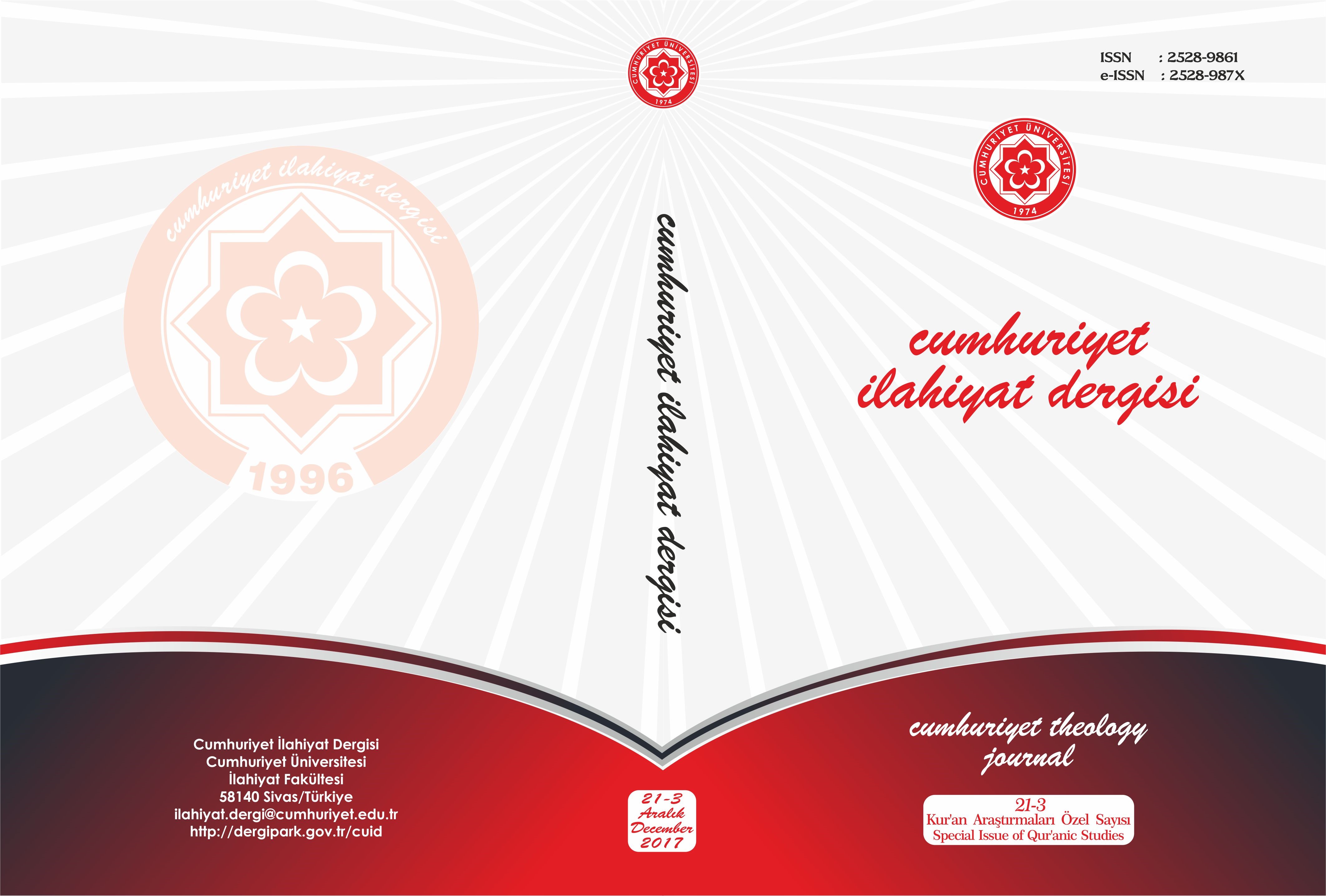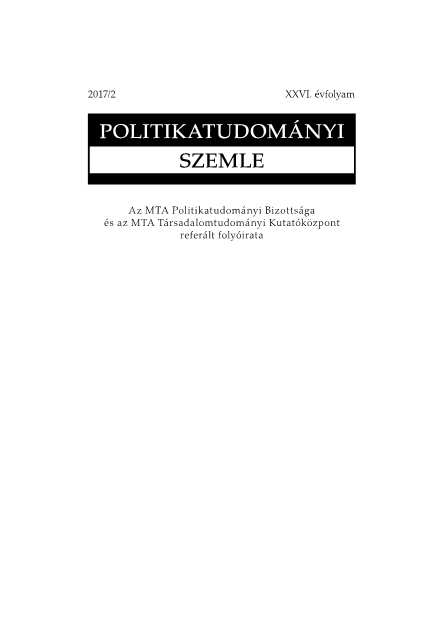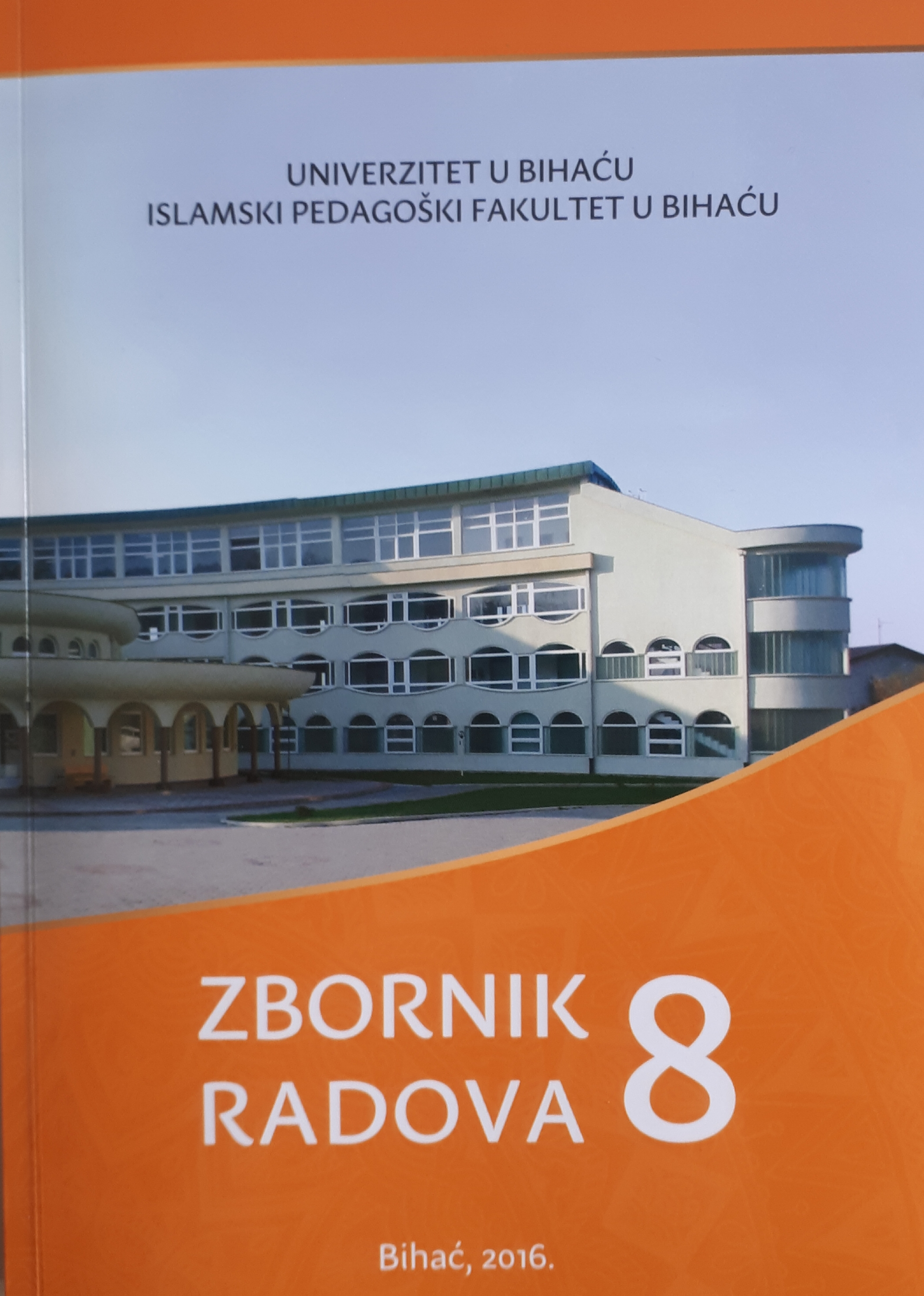Author(s): Kerime Cesur Turhan / Language(s): Turkish
Issue: 2/2017
The founder of Wahhabism, Muḥammad ibn ‘Abd al-Wahhāb (d. 1206/1792), is on the side of those who advocate that ijtihād’s gate is open. In his thought, the continuity of knowledge about the truth is based on the sustainability of ijtihād, and in every period, there have been mujtahids to interpret the nass in consistent with the issues. The later scholars have developed the thoughts related to ijtihād on this platform. Wahhābī thought does not describe madhhab as a systematic integrated approach. According to them, the madhhab is the ḥukm that were made within the discretion of mujtahids on the basis of nass on the issues open and free to ijtihād. With this approach, they have tried to explain what refers to the word of “Our madhhab is the one of Ahmad ibn Hanbal (d. 241/855)”. It has been suggested that this acknowledgment does not mean taqlīd that the words of madhhab imāms are replaced with the Qur’ān and Sunna just as some other members of madhhab do so. Either Muḥammad ibn ‘Abd al-Wahhāb or his disciples have based their own opinions of such as ijtihād, madhhab, taqlīd, ittibā and ikhtilāf upon the proofs that Ḥanbalī Madhhab, Ibn Taymiyya (d. 728/1328) and Ibn Qayyim (d. 751/1350) used. Our aim in this study is to determine how the issues regarding such as ijtihād,taqlīd, madhhab, ikhtilāf, etc. were examined in the primary sources that formed Wahhābī thought. In the early period Wahhābī sources, it is not possible to find definitions of Islamic law in technical terms. Topics have been dealt with within the framework of the answer to a problem/fatwā or a criticism. For this reason, our method will be based on reaching a conclusion about "The Status of Ijtihād in the Early Period of Wahhābī Thought and The Meaning of Commitment to a Madhhab on Fiqh." in the light of the opinions of the first period thinkers.Summary: The connection and similarity of the Wahhābī movement, which started in the Islamic world at a time close to the time when the reform ideas appeared, have been hesitantly welcomed for a few reasons. The fact that members of the Wahhābī movement are intolerant in terms of reform in people’s beliefs, and they use the concept of takfīr, are chief among these reasons. Another reason is that Muḥammad ibn ‘Abd al-Wahhāb (d. 1206/1792) does not accept any religious discipline and individual as an authority. The reactions and discourses developed by Wahhābī thinkers against the established practices of faith, ijtihād, taqlīd and denominationalism has brought many objections and criticism.The founder of Wahhabism, Muḥammad ibn ‘Abd al-Wahhāb, is on the side of those who advocate that ijtihād’s gate is open. In his thought, the continuity of knowledge about the truth is based on the sustainability of ijtihād, and in every period, there have been mujtahids to interpret the nass in consistent with the issues. According to him, in a number of controversial cases where no right path has been declared in the naṣṣ, all the efforts of a believer should be focused on understanding the command of God and his messenger and act accordingly. Muḥammad ibn ‘Abd al-Wahhāb does not seek the condition of being a mujtahid to understand the Qur’ān and the sunna. He therefore opposed those who claimed that it is imperative for non-mujtahids to taqlīd a madhhab to understand the provisions of religion. According to him, everybody who has the ability to understand the Qur’ān and the sunna must make ijtihād. Blind allegiance to man-made law against the teachings of God and the Qur’ān is a type of shirk (to attribute a partner to God). Fuqahā’ are human and not infallible. The ‘ulamā’ that followed also developed their thoughts about ijtihād and taqlīd on this ground.The Wahhābīs say that they do not completely reject the taqlīd of the ‘ulamā’, but what they do not accept is no one, except the absolute mujtahid, can perform ijtihād. Differentiating ittibā‘, which means accepting an opinion based on evidence, from taqlīd despite the evidence, the Wahhābī ‘ulamā’ have defined the criteria of issuing or accepting a fatwā as performing ijtihād and ittibā‘ to those who have evidence of the Qur’ān and the sunna, or to the remarks of the scholars who are eligible for the Qur’ān and the sunna.According to the Wahhābīs, neither ijtihād nor taqlīd on the issues of ‘aqā’id is permissible in religion. The individual must learn what God and His messenger commands and forbids in terms of ‘aqā’id and worshipping. Ibn ‘Abd al-Wahhāb accepts that taqlīd in furū‘ al-fiqh is permissible in absolutely necessary situations such as not being able to reach sources from various views, and not having the time to evaluate these sources.According to Muḥammad ibn ‘Abd al-Wahhāb, the notion that the dispute of ‘ulamā’ is a blessing is superstitious. According to him, the alliance and agreement of ‘ulamā’ is a deed, and their unity is a blessing. Despite this, the way to be followed in a matter of dispute is not in the madhhab views but the presentation of the matter in the Qur’ān and the sunna. Defining the field of dispute, Muḥammad ibn ‘Abd al-Wahhāb said that the predecessor and the successor disagreed in the matters of furū‘ al-fiqh that were not declared in the naṣṣ; and in such affairs, the duty of the believer is to investigate what is the covenant of God and His messenger, and to show respect for the ‘ulamā’ even if it is mistaken. However, according to him, showing respect to the ‘ulamā’ is not saying ‘’they know better than us’’ despite the presence of evidence in matters of dispute.Wahhābī thought does not describe madhhab as a systematic integrated approach. According to them, the madhhab is the ḥukm that were made within the discretion of mujtahids on the basis of naṣṣ on the issues open and free to ijtihād. With this approach, they have tried to explain what refers to the word of “Our madhhab is the one of Aḥmad ibn Ḥanbal (d. 241/855)” It has been suggested that this acknowledgment does not mean taqlīd that the words of madhhab imāms are replaced with the Qur’ān and the sunna just as some other members of madhhab do so. Muḥammad ibn ‘Abd al-Wahhāb and his followers emphasize in many places the movement is not a fifth and a new madhhab, they are members of the Ḥanbalī madhhab and they do not direct anyone to any organization in the form of fiqh, kalām, or ṣūfī. However, they say that madhhabs are not religion, and even if a new madhhab is aimed, this is not a problem. Although an emphasis of being part of the Ḥanbalī madhhab is made without sectarian fanaticism, it is stated that it is imperative to take the views of other madhhabs where the evidence is strong. With the emphasis of being part of the Ḥanbalī madhhab, they support their discourse of not being a new madhhab. However, the general description of the Ḥanbalī madhhab has a stricter approach regarding the way of accepting and using mental and transitional evidence than the other madhhabs. Accordingly, the Wahhābīs are described by a stricter version of the description.Muḥammad ibn ‘Abd al-Wahhāb used their methodology to arrive at judgments instead of taking the specific provisions of the madhhabs, and accepted the adoption of provisions and refused bigotry and the madhhabs are authorities almost equal to God. The Qur’ān, the sunna and ijmā‘(consensus) were accepted as the primary authorities and the four madhhabs were not denied as long as they were not contrary to majority of Muslim community. The Wahhābīs, who follow Ibn Taymiyya (d. 728/1328) on the matter of practicing according to a judgment of another madhhab in the presence of evidence, believe that changing a madhhab without any reason or for worldly reasons is not permissible in religion.Although the Wahhābīs do not display a clear attitude on denying madhhabs, they have developed a supra-madhhabs approach with the thoughts of direct access to the ḥukms and accepting the ḥukm of any madhhab as long as the ḥukm is in accordance with the evidence. As a matter of fact, one of the criticisms made in this respect is that they take the views from other madhhabs that suit them, and reject the others.The Wahhābī ‘ulamā’ of the first periods shaped their opinions on issues such as ijtihād, taqlīd, madhhab, ittibā‘, and ikhtilāf, based on the evidences used by the Ḥanbalī madhhab, Ibn Qayyim (d. 751/1350) and especially Ibn Taymiyya. For this reason, it is not possible to say that they have a thought system of their own. Taking this fact into consideration, it seems possible to collect the approach of the method of almost all Wahhābī thinkers in issues that are the subject of this article under three items. First, the necessity of those with strength and ability to perform ijtihād to understand religious provisions; second, solving issues of dispute based on the Qur’ān and the sunna; and third, the presence of evidence overruling any kind of madhhab view.
More...
